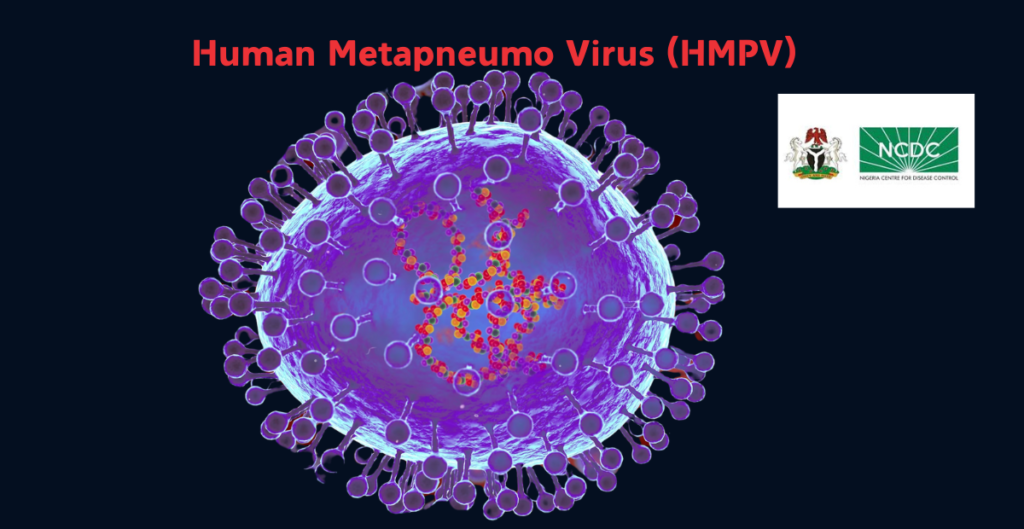The Nigeria Centre for Disease Control and Prevention (NCDC), in collaboration with the Federal Ministry of Health and international partners, including the World Health Organisation (WHO), the U.S. Centers for Disease Control and Prevention, and the UK Health Security Agency, has conducted a dynamic risk assessment for Human Metapneumovirus (HMPV) in Nigeria. The assessment, as of January 6, 2025, classifies the risk of HMPV in Nigeria as moderate.
What is HMPV?
According to the CDC, HMPV is a well-known respiratory virus that commonly circulates during the respiratory virus season, causing upper and lower respiratory diseases. Almost all children are affected by HMPV by the age of 5. The virus spreads through:
- Secretions from coughing and sneezing
- Close personal contact
- Touching objects with the virus and then touching the eyes, nose, or mouth
Symptoms and Vulnerable Populations:
HMPV symptoms range from mild cold-like symptoms to severe respiratory infections, particularly in:
- Young children
- Older adults
- Individuals with weakened immune systems
Common symptoms include:
- Cough
- Fever
- Nasal congestion
- Shortness of breath
- Wheezing
- Bronchitis or pneumonia (in vulnerable populations)
No Specific Treatment or Vaccine
Unlike some other respiratory viruses, there is no specific antiviral treatment or vaccine for HMPV. Supportive care, such as rest, hydration, and fever management, remains the primary approach to recovery.
NCDC’s Preparedness and Response Measures
To mitigate the potential risk of HMPV transmission, especially through international travel, the NCDC, in collaboration with Port Health Authorities, is:
- Enhancing preparedness at all international points of entry
- Conducting a comprehensive situation analysis at all international PoEs to assess current readiness levels
- Developing an Entry Implementation Protocol on HMPV, approved by the Honourable Minister of Health and Social Welfare
- Identifying and preparing quarantine facilities to manage suspected or confirmed cases
- Deploying Infection Prevention and Control (IPC) materials to ensure adherence to hygiene and safety protocols
- Enhancing Surveillance and Laboratory testing, including support for laboratories in states with international airports
National Response and Awareness
- Advisories have been issued to hospitals nationwide on enhanced IPC practices.
- Healthcare facilities are required to identify appropriate isolation rooms for quick isolation of cases while receiving care.
- The NCDC is collaborating with state governments and healthcare facilities to provide training for healthcare workers, ensuring adequate case management teams are in place.
- Public awareness is being heightened through clear and accurate messages to address concerns and encourage appropriate health-seeking behaviors.
Stay Informed, Stay Safe!
As the situation is closely monitored, the public is advised to remain vigilant and follow all guidelines provided by the NCDC and other health authorities.

